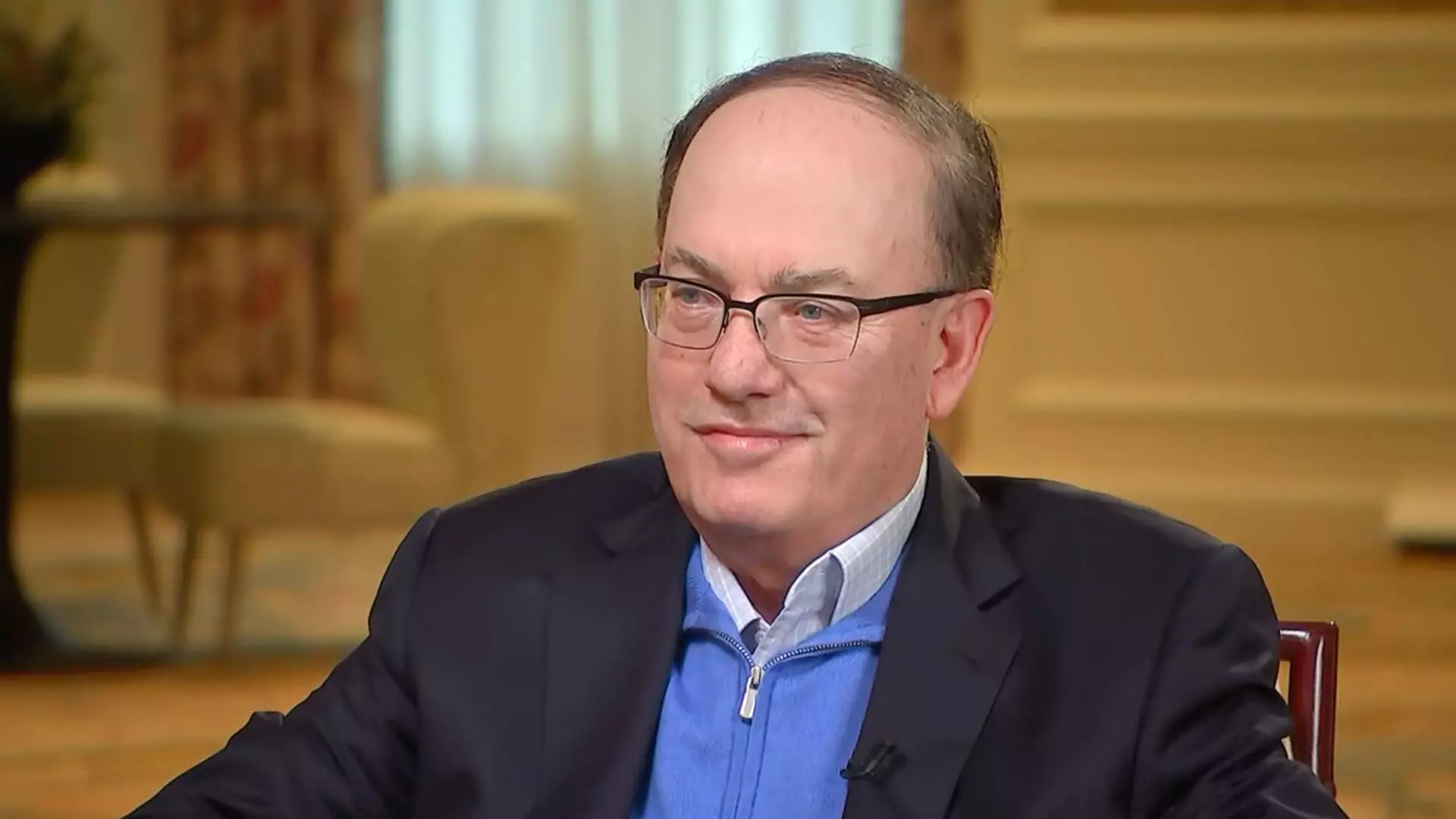Billionaire hedge fund manager Steve Cohen has recently articulated a concerning perspective on the state of the U.S. economy. With a history of bullish sentiment, his current bearish outlook has raised eyebrows in financial circles. Cohen’s anxiety is rooted in the confluence of aggressive tariffs, stringent immigration policies, and significant cuts in federal spending, actions that may ultimately undermine economic growth and consumer stability.
The trading landscape has become increasingly challenging, as Cohen argues that punitive tariffs are counterproductive. He likens them to a tax—a burden that consumers ultimately bear. This assertion underscores a crucial point: tariffs could foster inflationary pressures that dampen consumer spending, which is the lifeblood of the economy. In Cohen’s view, the cumulative impact of these policies is a recipe for economic stagnation rather than prosperity.
Cohen’s skepticism extends beyond tariffs to immigration policies. He believes that the current administration’s hardline stance on immigration may stifle the workforce’s growth rate. The implications of a contracting labor market can be dire; a shrinking workforce could hinder productivity and innovation at a time when robust economic growth is essential.
This labor market predicament is particularly troubling as it aligns with Cohen’s overall assessment. He warns that if the supply of workers is constrained, it could lead to inflationary conditions as demand for labor continues to exceed supply. Such dynamics may place additional pressure on wages and push employers to adapt their business models to cope with rising costs.
Steve Cohen has also taken aim at the proposed federal spending cuts. He critiques the motives behind these cuts, asserting that they could stifle the economic momentum that has been built over the years. According to Cohen, if the federal government, under proponents like Elon Musk, successfully cuts $2 trillion from its spending, the repercussions will be felt across the economy. This money, which supports various sectors and initiatives, is integral to maintaining economic stability and growth.
The reduction or elimination of this spending could further exacerbate the slowing economy Cohen predicts, with growth potentially dipping to 1.5% from 2.5%. The transition may seem gradual, but he insists it represents a significant shift in the economic landscape, one that poses a risk of substantial stock market corrections as investors adjust to the new reality.
As Cohen grapples with these economic shifts, he remains vigilant about the potential for market corrections. The interplay of tariffs, immigration, and federal spending presents a multifaceted threat to investor confidence. His cautionary stance serves as a reminder to stakeholders that the seemingly stable economic landscape may be more fragile than it appears.
While past gains may have buoyed investor spirits, Cohen’s insights suggest that the future requires a more cautionary approach. The economic landscape is rapidly evolving, and the persisting uncertainties could influence market dynamics in ways that require reevaluation and adjustment from all economic participants. As this narrative unfolds, it remains essential for consumers, investors, and policy-makers alike to stay attuned to these economic currents.


Leave a Reply